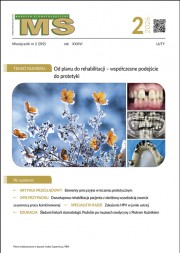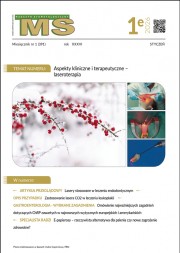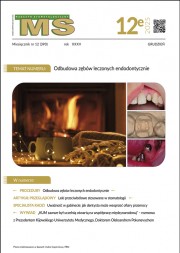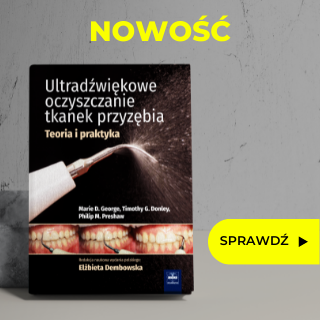
The phone is ringing
VOCABULARY PRACTICE
Complete the pieces of advice with words in brackets. Match questions with answers
1. Can bleeding gums lead to other problems? _______
2. Are bleeding gums in pregnancy normal? _______
3. When should I call the dentist? _______
4. What can I do to stop my gums bleeding? _______
5. Will gum disease harm my baby? _______
A. (inflamed swell)
Having bleeding, sensitive gums (gingivitis) is common in pregnancy. Pregnancy hormones can cause your gums to 1._________ and become 2. __________, making them bleed more easily when you brush or clean between your teeth.
B. (check up/straight away/care for)
If your gums are bleeding and feel tender, see a dentist 1.__________. You don’t need to wait until your next 2._________ if you’re having a problem.
A dental hygienist should be available to scale and polish your teeth and treat your tender gums. Your dentist can also give you advice about how to 3._________ your teeth.
Remember to tell your dentist that you’re pregnant, so you don’t have an X‑ray unless you urgently need one. If you need a local anaesthetic for dental work at any time during your pregnancy, it’s perfectly safe.
C. (build‑up/damage /tissue)
Untreated gingivitis can lead to periodontitis, which weakens the 1.________ and bone that keep your teeth anchored in your jaw.
You can limit the 2.__________ and prevent periodontitis from getting worse by keeping your teeth and gums clean and visit your dentist regularly for scaling and root planing. This treatment removes tartar 3.__________ and smoothes the base of your teeth.
D. (directly/difficult/general)
If you have gum disease, there’s no clear evidence that it will 1.___________ affect your baby’s health while you are pregnant. But it may mean that your 2.__________ health isn’t as good as it could be. If you are finding it 3.__________ to stay healthy, this can affect the way that your baby grows.
E. (trapped/actually/tender/give up)
Even though it makes your gums bleed, brushing regularly will 1.______ help. Use a soft brush, and choose a toothpaste for sensitive teeth if your gums are 2.________. Don’t forget to brush between your teeth. To reduce plaque build‑up:
– see your dentist regularly,
– brush your teeth for two minutes,
– once in the morning, and last thing at night,
– clean between your teeth at least three times a week to remove plaque and 3._________ food, and to reduce bleeding
– if you smoke, 4. ________ , as smoking makes gum disease worse.
Look at the pieces of advice again. Find synonyms of the following words:
|
generally met |
|
deteriorating |
|
|
delicate |
|
proof |
|
|
to increase in size |
|
to influence |
|
|
dental visit |
|
in fact |
|
|
to make sth shiny |
|
accumulation |
|
|
if not |
|
to confine |
|
|
immediately |
|
to quit |
|
|
to hold in place |
|
to eliminate |
|













